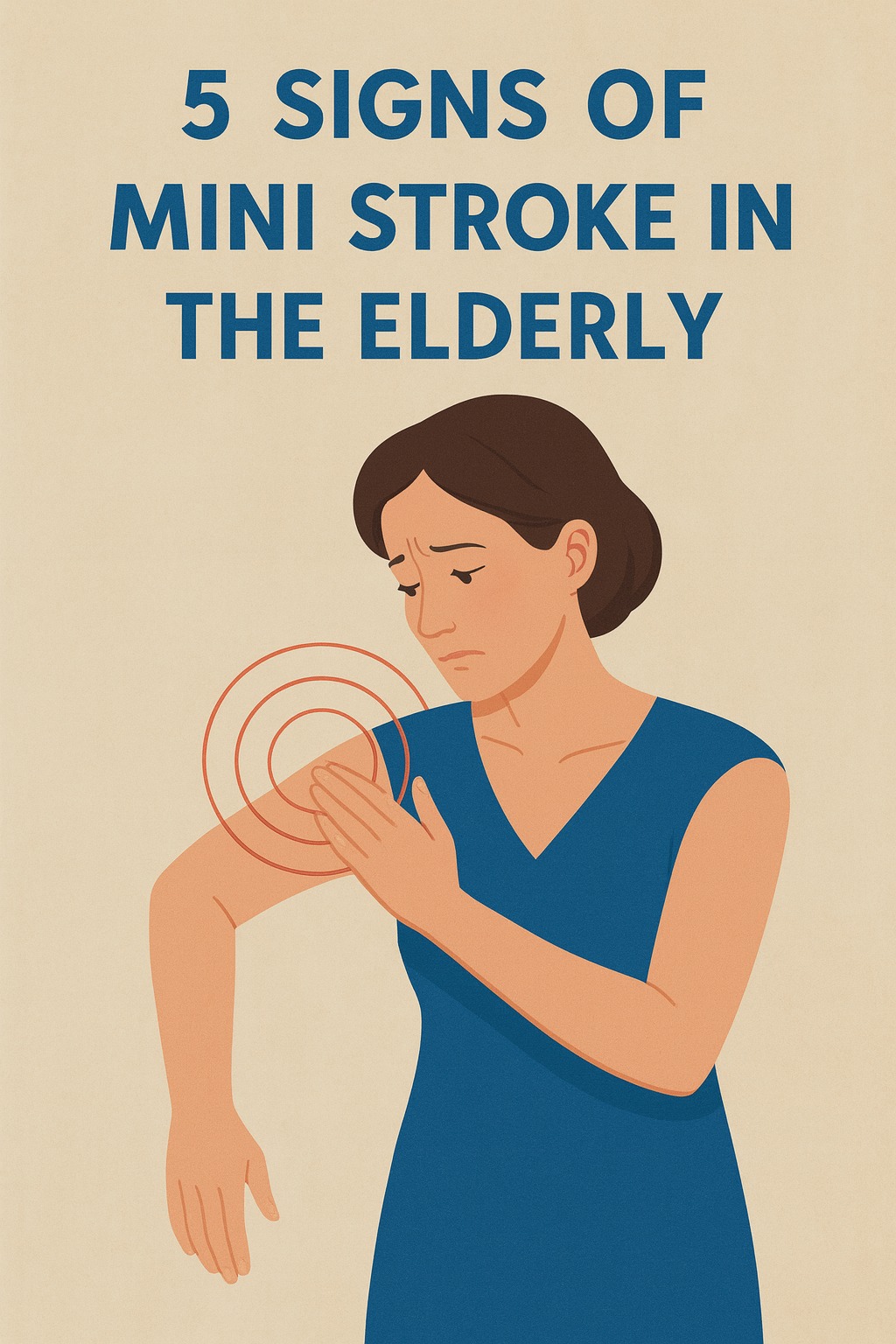When caring for an aging parent or grandparent, small and unexpected changes can be the most alarming — sudden confusion, unclear speech, or moments when they seem “not quite themselves.” These brief episodes may appear suddenly, last only a few minutes, and then fade as if nothing happened. Experts caution that these moments can be early signs of a transient ischemic attack (TIA), often referred to as a mini-stroke. A TIA occurs when blood flow to part of the brain is briefly disrupted. Even though symptoms may disappear quickly, a TIA is a significant warning sign that should be taken seriously.
Understanding why TIAs occur can help families respond with confidence. Older adults are more at risk when they have underlying health conditions such as high blood pressure, diabetes, high cholesterol, or hardening of the arteries. Lifestyle factors — including smoking, limited physical activity, and unmanaged heart conditions — may also contribute. For caregivers, staying informed is not about living with constant worry; it is about being prepared and promoting habits that support long-term heart and brain health.
Next Page

